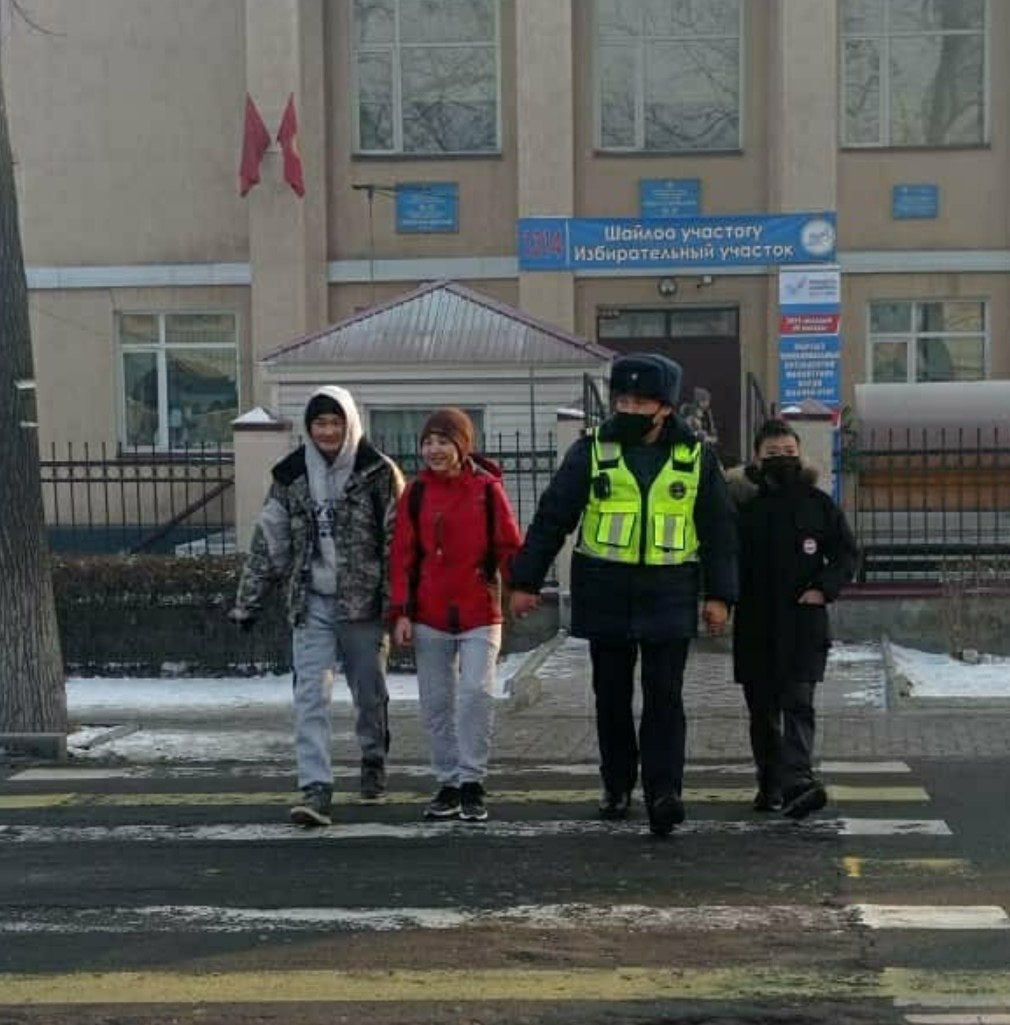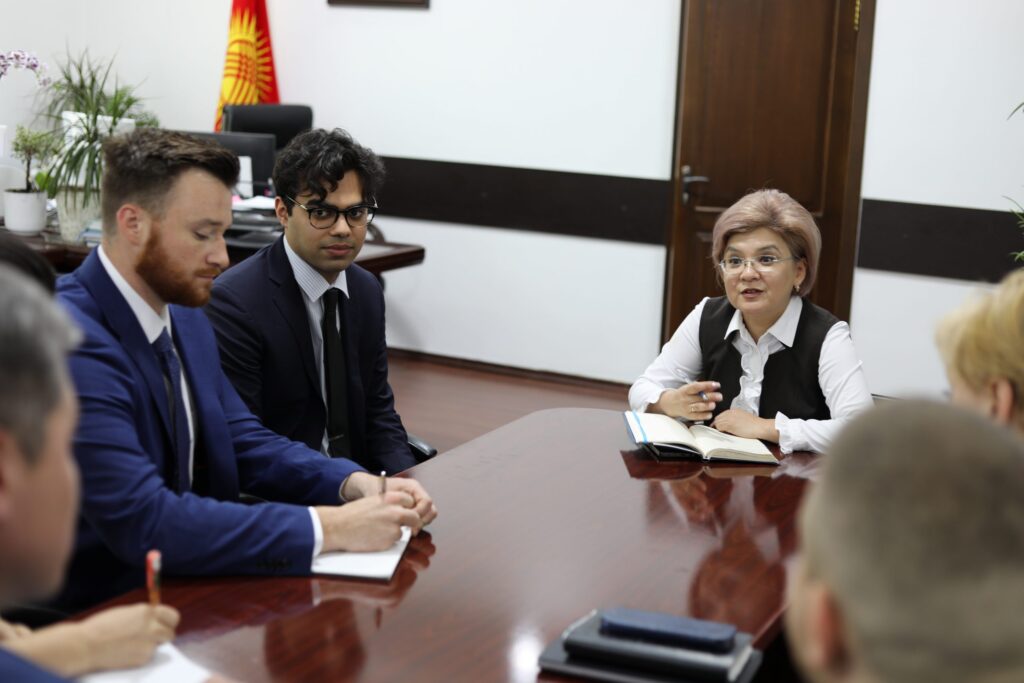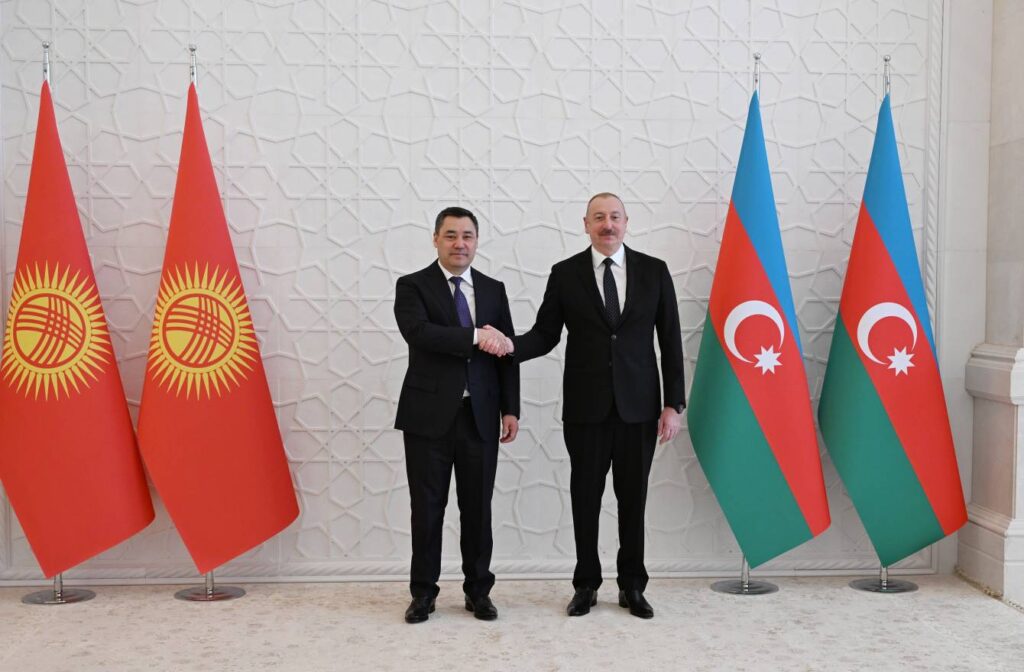Kyrgyz Farmers Urged to Supply Agricultural Products to China
The Kyrgyz Ministry of Agriculture, Forestry and Water Resources has urged more domestic businesses to establish and expand trade in agricultural produce with the People's Republic of China (PRC). Kyrgyz farmers and processors currently export wheat flour, cherries, melons, grapes and soybeans to China and to increase food exports, the ministry has issued a series of guidelines. Entrepreneurs and small-business owners must first be registered on the website of the General Customs Administration of the PRC, and to satisfy Chinese demand, ensure that their produce is devoid of genetically modified organisms (GMOs) and harmful additives. "It should be noted that requirements on the Chinese side differ according to risks posed by individual plant products," warned the Kyrgyz Ministry of Agriculture, "and conducts a comprehensive inspection of produce provided by first-time exporters." In his address at an earlier conference in Bishkek, Chinese Ambassador to Kyrgyzstan Du Dewen confirmed China's need for imports from organic agriculture vendors and plans to improve trade relations with Kyrgyzstan. According to the General Customs Administration, Kyrgyzstan increased its annual export to China by over two-fold in the first quarter of 2024, and total bilateral trade turnover stands at $4.5 billion per year. In a recent list provided by Chinese authorities, Beijing requires beef, poultry, fish, as well as cowhides, sheep, goats, and washed wool and cashmere.








